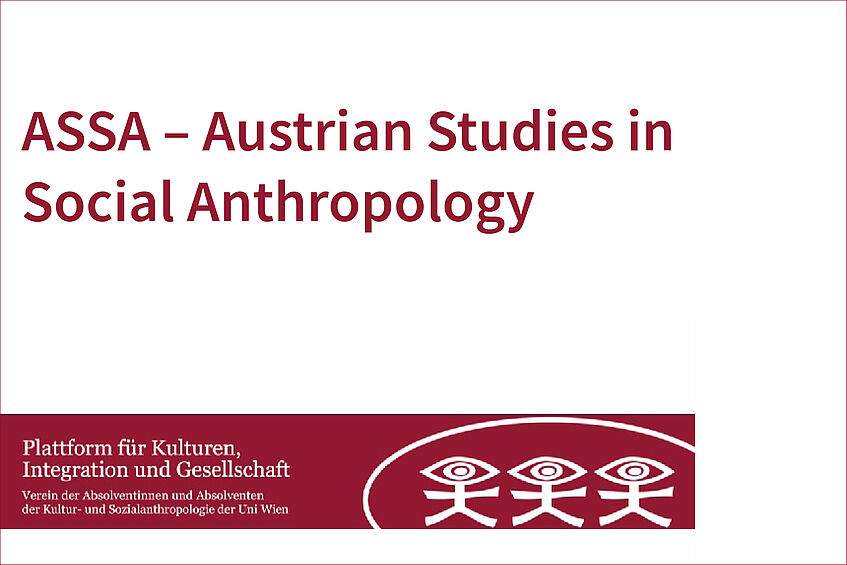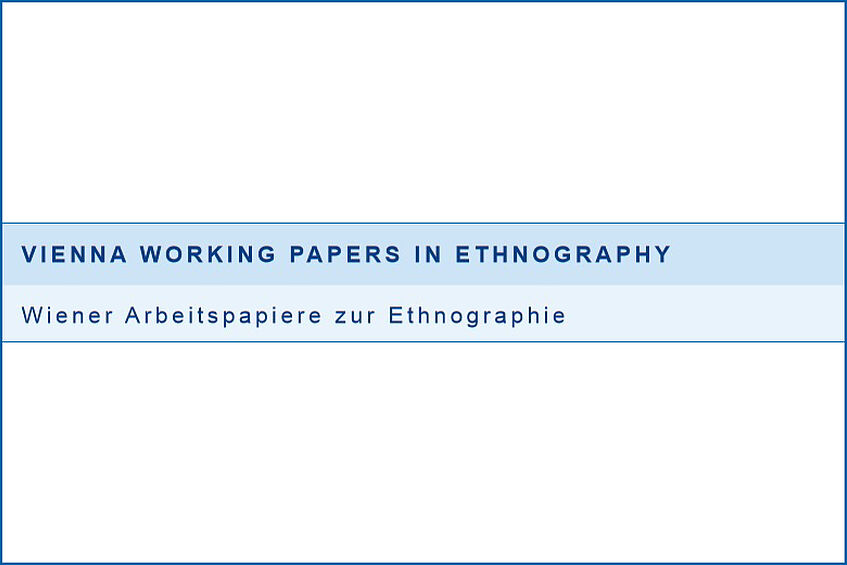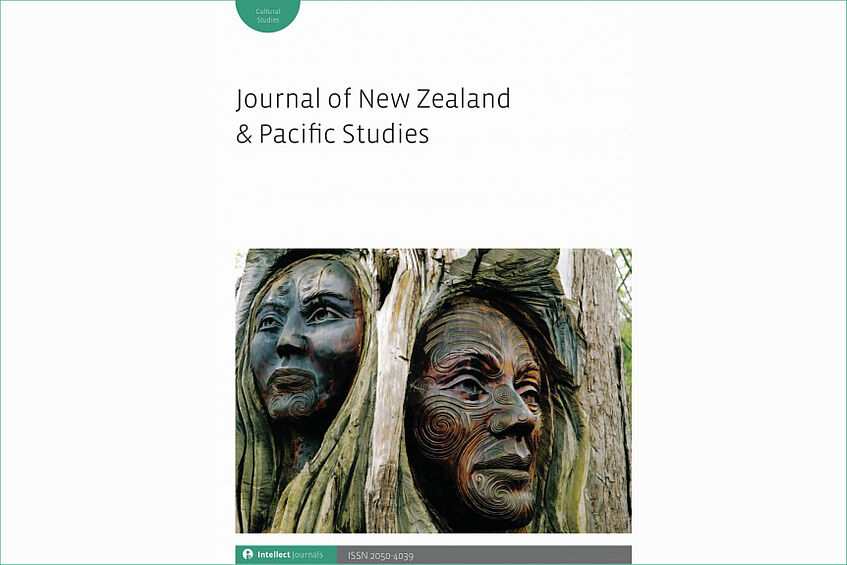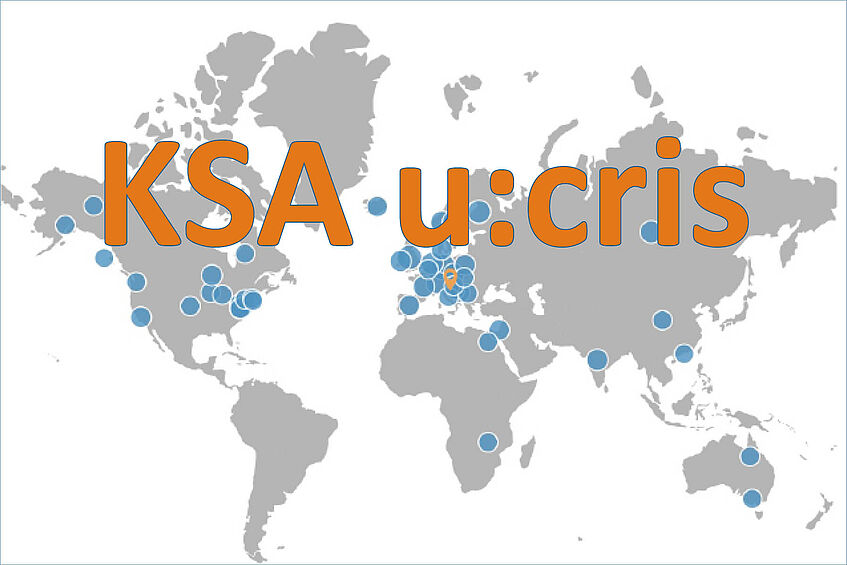Publikationen
peer-reviewed Publikationen in u:cris
Ancient Plasmodium genomes shed light on the history of human malaria
- Autor(en)
- Megan Michel, Eirini Skourtanioti, Federica Pierini, Evelyn K. Guevara, Angela Mötsch, Arthur Kocher, Rodrigo Barquera, Raffaela A. Bianco, Selina Carlhoff, Lorenza Coppola Bove, Suzanne Freilich, Karen Giffin, Taylor Hermes, Alina Hiß, Florian Knolle, Elizabeth A. Nelson, Gunnar U. Neumann, Luka Papac, Sandra Penske, Adam B. Rohrlach, Nada Salem, Lena Semerau, Vanessa Villalba-Mouco, Isabelle Abadie, Mark Aldenderfer, Jessica F. Beckett, Matthew Brown, Franco G.R. Campus, Tsang Chenghwa, María Cruz Berrocal, Ladislav Damašek, Kellie Sara Duffett Carlson, Raphaël Durand, Michal Ernée, Cristinel Fântăneanu, Hannah Frenzel, Gabriel García Atiénzar, Sonia Guillén, Ellen Hsieh, Maciej Karwowski, David Kelvin, Nikki Kelvin, Alexander Khokhlov, Rebecca L. Kinaston, Arkadii Korolev, Kim Louise Krettek, Mario Küßner, Luca Lai, Cory Look, Kerttu Majander, Kirsten Mandl, Vittorio Mazzarello, Michael McCormick, Patxuka de Miguel Ibáñez, Reg Murphy, Rita E. Németh, Kerkko Nordqvist, Friederike Novotny, Martin Obenaus, Lauro Olmo-Enciso, Päivi Onkamo, Jörg Orschiedt, Valerii Patrushev, Sanni Peltola, Alejandro Romero, Salvatore Rubino, Antti Sajantila, Domingo C. Salazar-García, Elena Serrano, Shapulat Shaydullaev, Emanuela Sias, Mario Šlaus, Ladislav Stančo, Treena Swanston, Maria Teschler-Nicola, Frederique Valentin, Katrien Van de Vijver, Tamara L. Varney, Alfonso Vigil-Escalera Guirado, Christopher K. Waters, Estella Weiss-Krejci, Eduard Winter, Thiseas C. Lamnidis, Kay Prüfer, Kathrin Nägele, Maria Spyrou, Stephan Schiffels, Philipp W. Stockhammer, Wolfgang Haak, Cosimo Posth, Christina Warinner, Kirsten I. Bos, Alexander Herbig, Johannes Krause
- Abstrakt
Malaria-causing protozoa of the genus Plasmodium have exerted one of the strongest selective pressures on the human genome, and resistance alleles provide biomolecular footprints that outline the historical reach of these species1. Nevertheless, debate persists over when and how malaria parasites emerged as human pathogens and spread around the globe1,2. To address these questions, we generated high-coverage ancient mitochondrial and nuclear genome-wide data from P. falciparum, P. vivax and P. malariae from 16 countries spanning around 5,500 years of human history. We identified P. vivax and P. falciparum across geographically disparate regions of Eurasia from as early as the fourth and first millennia bce, respectively; for P. vivax, this evidence pre-dates textual references by several millennia3. Genomic analysis supports distinct disease histories for P. falciparum and P. vivax in the Americas: similarities between now-eliminated European and peri-contact South American strains indicate that European colonizers were the source of American P. vivax, whereas the trans-Atlantic slave trade probably introduced P. falciparum into the Americas. Our data underscore the role of cross-cultural contacts in the dissemination of malaria, laying the biomolecular foundation for future palaeo-epidemiological research into the impact of Plasmodium parasites on human history. Finally, our unexpected discovery of P. falciparum in the high-altitude Himalayas provides a rare case study in which individual mobility can be inferred from infection status, adding to our knowledge of cross-cultural connectivity in the region nearly three millennia ago.
- Organisation(en)
- Department für Evolutionäre Anthropologie, Institut für Urgeschichte und Historische Archäologie, Institut für Kultur- und Sozialanthropologie
- Externe Organisation(en)
- Max-Planck-Institut für evolutionäre Anthropologie, Harvard University, Max Planck-Harvard Research Center for the Archaeoscience of the Ancient Mediterranean, University of Helsinki, Max-Planck-Institut für Geoanthropologie, Universidad de Granada, Universität Basel, University of Arkansas, Fayetteville, Ernst-Abbe-Hochschule Jena, Institut Pasteur, University of Adelaide, Universidad de Zaragoza, Université Caen-Normandie, INRAP - Institut national de recherches archéologiques préventives, University of California, Merced, Independent researcher, State University of New York, Farmingdale State College, Università degli Studi di Sassari, National Tsing Hua University, Spanish National Research Council (CSIC), Charles University Prague, Universität Wien, Service d’archéologie préventive Bourges plus, Universität Bordeaux, Czech Academy of Sciences, National Museum of Unification Alba Iulia, Universität Leipzig, Universidad de Alicante, Independent researcher, Dalhousie University, BioForge Canada Limited, Samara State University of Social Sciences and Education, BioArch South, Griffith University, Eberhard Karls Universität Tübingen, Landesamt für Denkmalpflege und Archäologie Thüringen, University of North Carolina at Charlotte, Hospital Virgen de los Lirios, Sociedad de Ciencias Aranzadi, University of Nebraska-Lincoln, Mureș County Museum, Naturhistorisches Museum Wien (NHM), Silva Nortica, Universidad de Alcalá, University of Turku, Landesamt für Denkmalpflege und Archäologie Sachsen-Anhalt, Freie Universität Berlin (FU), Mari State University, National Institute for Health and Welfare, Universitat de València, University of Cape Town, Universidad de Cantabria, Termez State University, Independent researcher, Croatian Academy of Sciences and Arts, MacEwan University, Centre National De La Recherche Scientifique (CNRS), Royal Belgian Institute of Natural Sciences, Katholieke Universiteit Leuven, Archeologie Mechelen, Lakehead University, Universidad Carlos III de Madrid, National Parks of Antigua and Barbuda, Österreichische Akademie der Wissenschaften (ÖAW), Universität Heidelberg, Ludwig-Maximilians-Universität München
- Journal
- Nature
- Band
- 631
- Seiten
- 125-133
- Anzahl der Seiten
- 9
- ISSN
- 0028-0836
- DOI
- https://doi.org/10.1038/s41586-024-07546-2
- Publikationsdatum
- 06-2024
- Peer-reviewed
- Ja
- ÖFOS 2012
- 106013 Genetik
- Schlagwörter
- ASJC Scopus Sachgebiete
- General
- Sustainable Development Goals
- SDG 3 – Gesundheit und Wohlergehen
- Link zum Portal
- https://ucrisportal.univie.ac.at/de/publications/d0490393-ee86-4741-b370-10f49d9fd800





